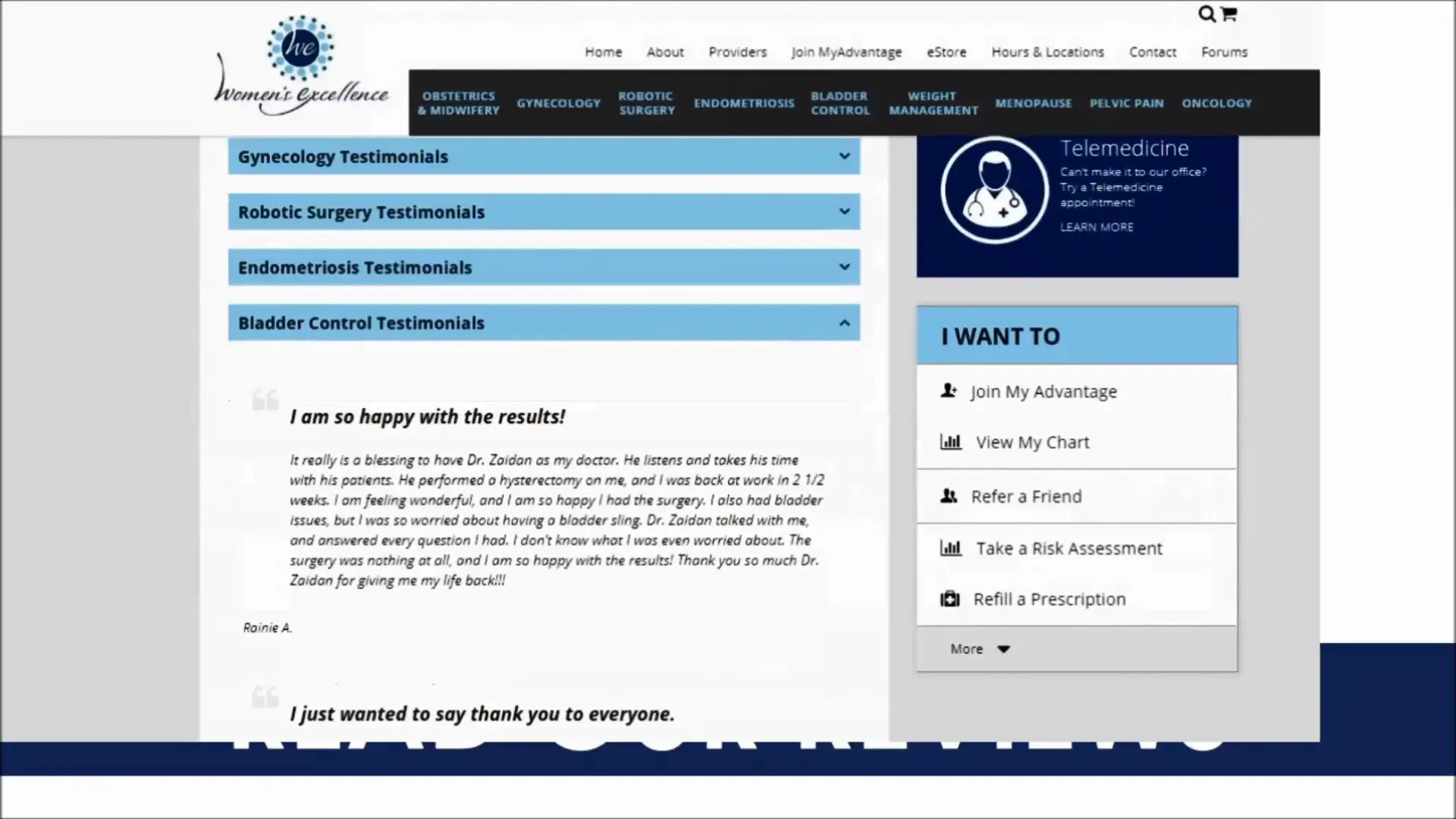Labor pain is caused by the tightening of the uterus and the pressure each time the baby is pushed against your cervix, but there are options for pain relief during labor you might consider. Discomfort may also come from the baby putting pressure on your bladder and bowels, as well as the stretching from coming through the birth canal and vagina. Other variables coming into play are the mother’s anatomy and strength of contractions, and the baby’s size and position in the birth canal.
Some women find appropriate pain relief during labor utilizing what they’ve learned in childbirth, hypnobirthing, yoga, or meditation classes. Some find relief using something else that, at the moment they are in painful labor, just works for them. Often, many women feel using both methods combined to be very useful. They incorporate use of pain medication with techniques that are personal and specific to their choice of birthing mantra learned in class.
Unfortunately, it is also important that there is an understanding regarding the use of pain medication during labor and birth. Sometimes, under certain circumstances, there are limitations to what pain medication can be used. There are times when certain pain control options may not be supported due to the safety of mother and baby. **Choices of available pain medication are variable according to what hospital or center at which you will give birth.
EPIDURAL
- This is the most common form of medication used for labor and birth, and is placed by an anesthesiologist.
- An epidural catheter is placed into the epidural space between your spinal bone and your spinal cord, entering a specific point located in your lower back. A bag of pain medication is placed into a pump that provides a certain dose of medication through a very small catheter to you throughout your entire labor. Epidural medication continues throughout your entire labor and birth.
- With an epidural, you will always be able to move in bed. However, an epidural does not allow you to walk around or bear your own body weight out of bed.
- Having an epidural blocks your body’s sensation of a full bladder. This is not a problem. We will help you maintain an empty bladder. It is important during labor and birth to maintain an empty bladder because itallows as much space as possible in the birth canal for your baby to descend without being obstructed by a full bladder through labor.
- Frequent position changes are still important with an epidural. We will help you with this as well throughout your labor and birth.
- An epidural will block your contraction pain, but will not block the sensation of rectal pressure. This allows you to feel the urge to push when you are completely dilated.
- An epidural provides the most effective pain relief for a woman in labor. Many women are able to completely relax or sleep during labor with an epidural.
- A common side effect from an epidural is itching. This usually lasts the first hour after your epidural is placed, sometimes longer. Most women tolerate the itching in exchange for being almost pain-free.
- Another side effect from an epidural is a drop in blood pressure. The cause of this is vasodilation of the blood vessels. You will be monitored closely for any severe changes in blood pressure and treated accordingly. A drop in maternal blood pressure can affect utero profusion to baby and result in fetal heart tone changes that more often than not, can be treated.
ANALGESICS (NARCOTICS):
- The narcotic medications typically used in the hospital setting are referred to under the commercial names, Nubain and Stadol.
- Narcotics given to a woman during labor affect her entire body as it travels throughout the bloodstream. The feeling described by many women after receiving narcotics for pain relief is relaxation and comfort. Many women are able to close their eyes and rest with narcotics received in labor. Other possible side effects of Nubain and Stadol are nausea, drowsiness, and dizziness. Some find it difficult to stand and walk from the effects of narcotic medication without assistance. Always ask your midwife or nurse for help after receiving narcotic pain medication.
- Narcotic medication given in the latent phase of the first stage of labor provides the most optimal relief.
- Repeat doses of narcotics may be given in labor when safe. Some women report repeated doses of narcotics decrease the effectiveness of their contractions in labor.
- Narcotic medication will take away approximately 25 to 30 percent of your labor discomfort with the first dose.
- Narcotic pain medication can be given into an intravenous line which goes directly into the bloodstream giving immediate pain relief to mothers. The length of relief is different for each woman, but typically comfort is obtained for at least one hour after administration.
- Another delivery route for narcotic pain medication can be into the muscle. This provides longer pain relief, but relief isn’t felt for at least 20 to 30 minutes after the narcotic is given. Total length of pain relief obtained when medication is given into the muscle is also variable.
- Narcotic medication given to a woman in labor, crosses the placenta and is also received by baby. Narcotic pain medication is monitored for safety for mothers and babies in labor prior to administration. If there is ever any question of safety for baby in providing this medication to the mother, it is not given.
- Narcotic pain medication should not be administered close to time of birth. A mother that received narcotic medication close to time of birth has a high probability of causing the infant at birth to be drowsy, slowing both the respiratory and the heart rate of the newborn. This may result in the newborn having difficulty breathing at birth.
- Receiving a narcotic during labor does not interfere with your ability to also receive an epidural. Having a narcotic for pain relief is not an either/or option when you’ve decided you would like an epidural.
The best time to discuss options for pain relief during labor is during your prenatal visits. Contact us or use our chat today to schedule an appointment with a midwife for prenatal care and find out your options.







